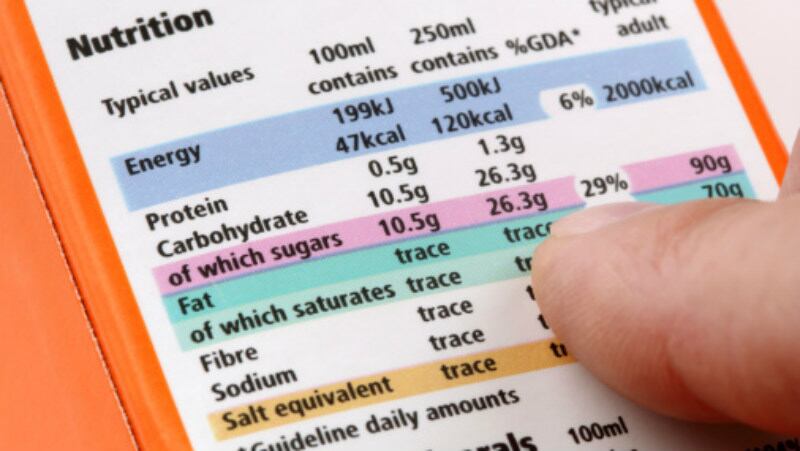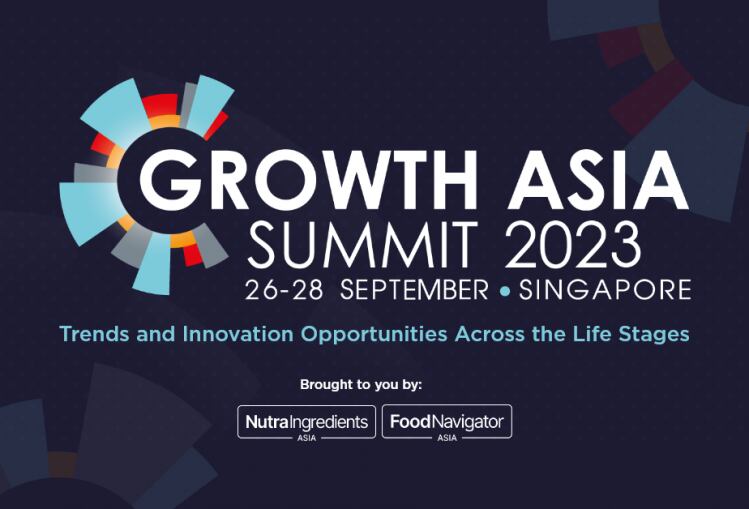The Taiwan Food and Drug Agency (FDA) has launched its second regulatory review on the topic in the past 24 months.
The Taiwan FDA first initiated proceedings to seek public opinion on the approval of new regulations to enforce tougher conditions on nutritional labels to prevent ‘hidden’ or ‘implied’ messages on food and beverage products back in 2021.
After reviewing multiple responses from manufacturers and other supply chain stakeholders, the agency launched a second public consultation round on these regulations in August 2023, after making several major revisions to the initial draft.
“In particular, Taiwan FDA has added various clear examples of what ‘prohibited’ nutrition claims will include – such as ‘higher in’ or ‘richer in’ particular nutrients when it comes to the declaration of nutritional facts for certain foods and beverages,” the agency stated via a formal statement.
“The products of particular concern are listed in Table 7 of the regulations, including amongst others foods and beverages high in sugar and carbohydrate content – these can include processed grain products, dried fruits, bean-based products, candies, chocolates, snacks, certain sauces and more.
“New specific requirements have also been laid out for food manufacturers to attach ‘high in’ or ‘rich in’ claims to their products with regard to components such as Protein (minimum 12g for 100g solids and 6g for 100ml liquids), Vitamin B6 (minimum 0.48mg for 100g solids and 0.24mg for 100ml liquids), Vitamin D (3µg per 100g solids and 1.5µg per 100ml liquids) and so on.”
Similar stipulations have also been specified for nutritional claims surrounding ‘low in’ or ‘zero’ claims, though these will need to have less than a particular content of the component in question.
“For example, if manufacturers wish to attach a ‘no-sugar’, ‘sugar-free’ or ‘zero-sugar’ claim to their product or any similar claim, this must not contain more than 0.5g of sugar content per 100g of solid or 100ml or liquid,” Taiwan FDA added.
“The same will apply for calories, fats, sodium and other relevant nutrients, according to standards that have been laid out by Taiwan FDA.”
The agency has also included an option for manufacturers to measure product nutritional content for liquids as per ‘100 calories’ as opposed to the usual 100ml, although the stipulated limits required to be met will have different standards as well.
The public consultation will be open for a total of 60 days starting from August 17 2023. Industry stakeholders and consumers that wish to send input can do so via email here. More information can be found on the Taiwan FDA website.
Preventing overconsumption
The agency’s major overhaul of local nutritional labelling regulations stems from an aim to ensure accurate phrasing and vocabulary on product labels, in hopes of disallowing the usage of ‘hidden or implied messaging that a product has nutritional or caloric benefits that it does not in fact possess’, according to its initial public consultation.
“[This also covers] the prevention of the overconsumption of nutrients and minerals which would lead to public health issues e.g. calories, saturated fats, sugar [and the promotion of] those consumers might lack such as vitamins, calcium and iron,” it said.
This includes displaying on the product label quantifiable amounts of the nutrient relevant to the claim being made, such as the amount of fibre per 100g of product consumed or the amount of sugar per 100ml of beverage consumed.



